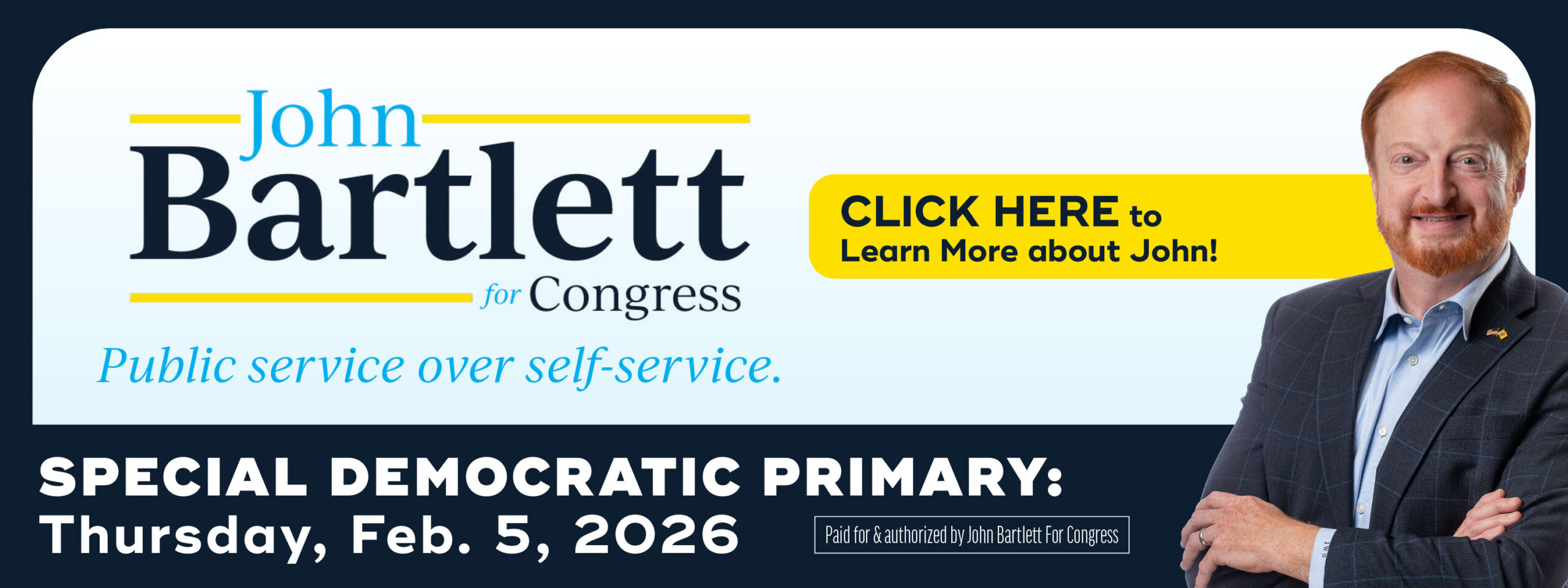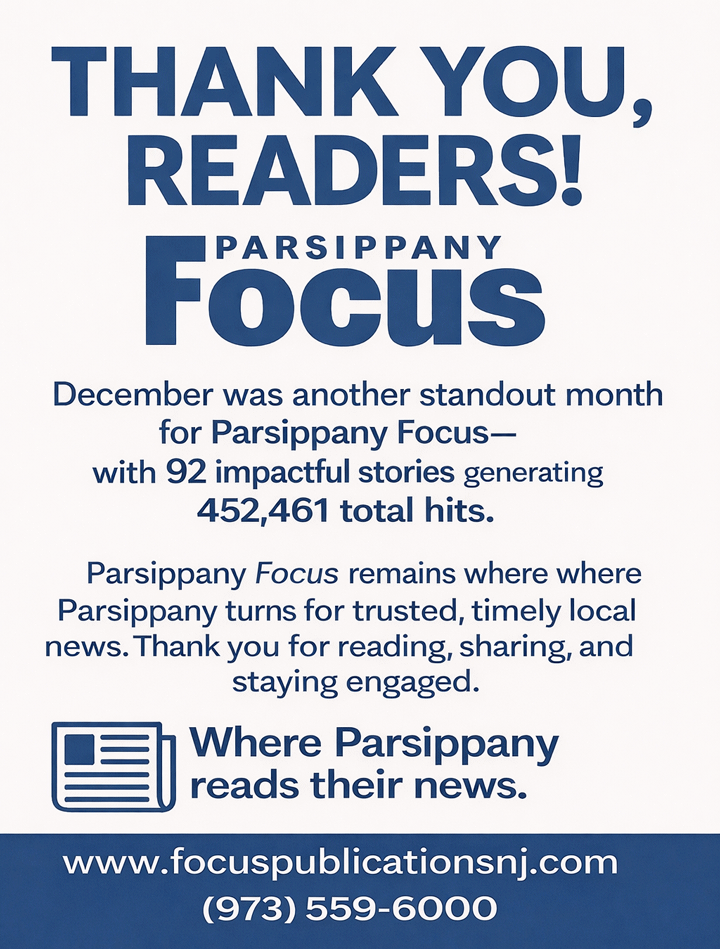By , NJ Spotlight
This story was written and produced by NJ Spotlight. It is being republished under a special NJ News Commons content-sharing agreement related to COVID-19 coverage. To read more, visit njspotlight.com
With the COVID-19 pandemic, the anxieties college students often experience trying to balance studies, jobs and social life can become almost overwhelming. Those anxieties can be further exacerbated at the end of the semester as they study for final exams and begin searching for jobs.
According to a 2018 study by Harvard Medical School of more than 67,000 college students at over 100 institutions, one in four reported being diagnosed with or treated for a mental health disorder in the prior year. One-fifth of all students surveyed had thought about suicide.
While stress is a regular part of college life for many students, a new study by BestColleges reports that out of 745 college students, 81% reported they were experiencing increased stress due to the pandemic and its impact on society. The study found that new stressors include how the coronavirus outbreak has interfered with their housing, travel, jobs, and income — at either the student or the household level.
The stress of social distancing
Further, colleges have had to close campuses and move to online instruction in compliance with social-distancing orders. But as BestColleges found, more than a third of respondents said campus closures and changing to online instruction increased their anxiety.
To help college students cope with this pandemic-related stress, colleges are making mental health counseling a priority by having college psychologists provide virtual counseling through phone and video appointments.
“In some ways, they’re in our homes and we’re in their homes and the boundaries are a little different, but the content feels the same,” said Nancy Friedman, a staff psychologist at Montclair State University’s Counseling and Psychological Services (CAPS).
Friedman gives one-on-one consultations with students in virtual sessions called “Let’s TeleTalk” and leads group therapy sessions via Zoom. The issues that surface during her virtual sessions range from typical issues for college students to more serious concerns related to COVID-19.
According to Friedman, students are worried about their family’s finances, their health and the health of relatives who are at greater risk of contracting the coronavirus. She said students who are still working or have relatives who are essential workers may feel particularly concerned about their health.
“People are really concerned about what their future holds — ‘When will this end?’ The uncertainty surrounding this is really challenging for students,” Friedman said.
How anxieties add up
Annmarie Wacha-Montes, assistant director for Community-Based Services, Counseling, Alcohol & Other Drug Assistance and Psychiatric Services (CAPS) for Rutgers Student Health, said students who struggled with anxiety prior to the pandemic now must manage their personal stress in addition to anxieties about the health crisis.
“Anxiety is typically the primary issue for undergraduate and graduate students seeking CAPS at Rutgers and nationally, but the anxiety is now also connected to adjusting to COVID-19,” Wacha-Montes said in an email. “Students share anxiety related to medical concerns for themselves and others, social isolation, uncertainty/‘the unknown,’ a lack of stability/structure, and financial stressors for themselves and family.”
While certain students may prefer virtual sessions, Friedman said finding a private space for a therapy session can be challenging for some students while they are living at home.
“They don’t feel as able to express themselves without fear of being overheard,” Friedman said. “Some students live in families where their being in therapy is not supported, so that can feel really difficult for some.”
To lead virtual sessions, counselors also had to designate spaces in their homes to conduct sessions privately to maintain students’ confidentiality. Other complications of virtual sessions are technical issues that can disrupt sessions and that students lack the necessary technology to participate in virtual sessions.
Technology gap for therapy
“Not all students have access to computers, good Wi-Fi connection or good phone reception. Rutgers has been assisting students with connecting to resources, such as providing laptops through the Dean of Students’ office, but Wi-Fi/phone connection is still an ongoing issue,” Wacha-Montes said.
Several students who volunteer at Active Minds, non-profit organizations that raise mental health awareness at colleges, said virtual counseling sessions can help students manage stress during this time.
Divya Daripalli, president of the Active Minds chapter at Rutgers University, said following the announcement about remote instruction, students were concerned whether they would still be able to meet with their counselors at CAPS.
“We’ve been trying to let people know the resources are out there and how they can help themselves through this time,” Daripalli said. “It’s good they’re offering (virtual sessions), because it can be very jarring to consistently meet with a therapist or a counselor and then suddenly not be able to.”
Students said that meeting with counselors virtually may help maintain their mental health while they are self-quarantined from family and friends who would usually provide support for them.
“Being in these social distancing circumstances can be very isolating for all people and more so for people with mental health issues,” said Victoria Cipparulo, the public relations chair of the Active Minds chapter at Montclair State University. “Some students, they’re able to do well with (social distancing) … I think other students have a real sensitivity to this — myself included, where losing that social aspect makes learning and engagement a lot more challenging.”
Cipparulo said without the routine of in-person classes and social events, virtual counseling can be a resourceful tool to help students work through difficult emotions and anxiety.
However, some students said the virtual setting deviates from the experience of speaking to a counselor in person.
“It’s an opportunity for students to talk to someone, but therapy isn’t traditionally over the phone, so it’s a learning curve for everyone,” said Larry Camarillo, the incoming president of the Active Minds chapter at Montclair State.
Daripalli said counselors may not be able to read students’ body language in video calls as easily as they would in person. She added that virtual sessions may not be suited for some students, particularly if talking over phone and video makes them anxious.
“I am very glad that they are offering the virtual sessions, but unfortunately I don’t think that it’s enough because there are benefits to teletherapy, but then there are also drawbacks,” Daripalli said.

















